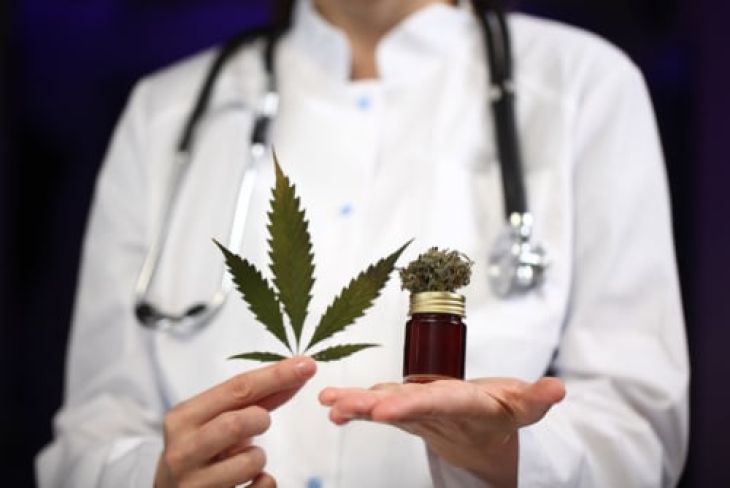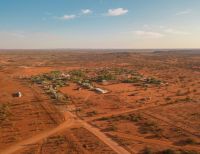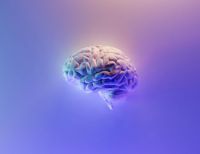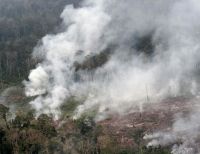Residents in the Canberra region will be able to anonymously submit their home-grown cannabis for testing as part of a University of Sydney study to examine the outcomes of laws that decriminalised cannabis in the Australian Capital Territory in 2020.
The university’s Lambert Initiative for Cannabinoid Therapeutics is launching its flagship CAN-ACT study of ACT residents who grow, possess, and use small quantities of cannabis for both medicinal and non-medicinal purposes. Growing cannabis at home is currently prohibited in all other Australian states and territories.
The first element of the study is an anonymous online survey to investigate cannabis use, behaviours and attitudes among ACT residents, followed by an invitation to anonymously submit home-grown cannabis for testing.
The cannabis collected from growers’ homes will be analysed for cannabis content, including its main psychoactive components – tetrahydrocannabinol (THC) and non-intoxicating cannabidiol (CBD) – as well as a range of other cannabinoids and biologically active molecules, free of charge. Participants will be able to view, anonymously, the analysis results from their cannabis samples online.







